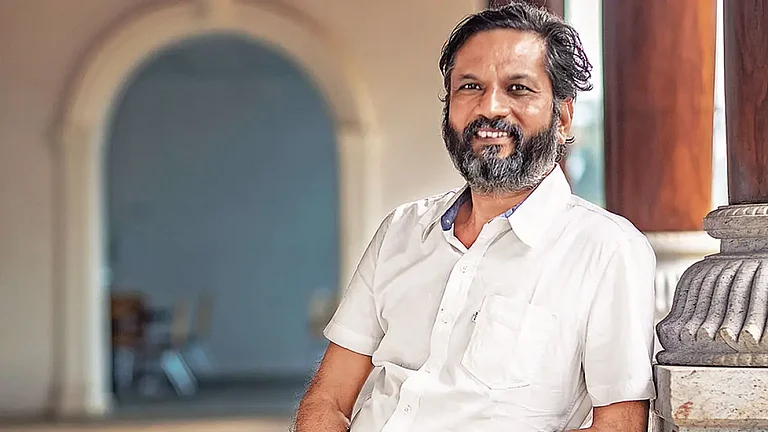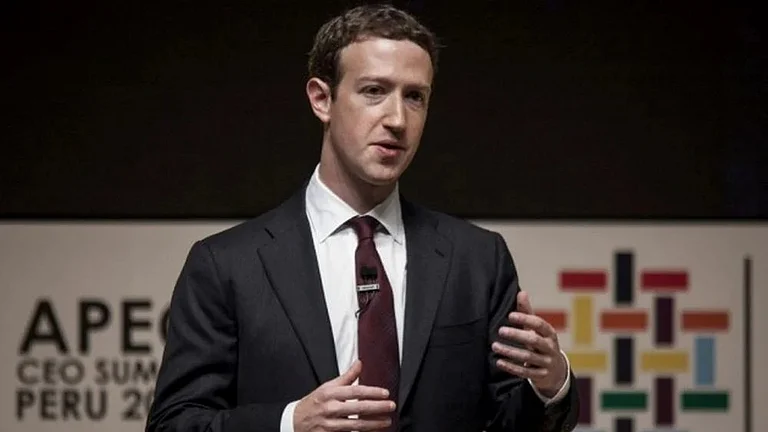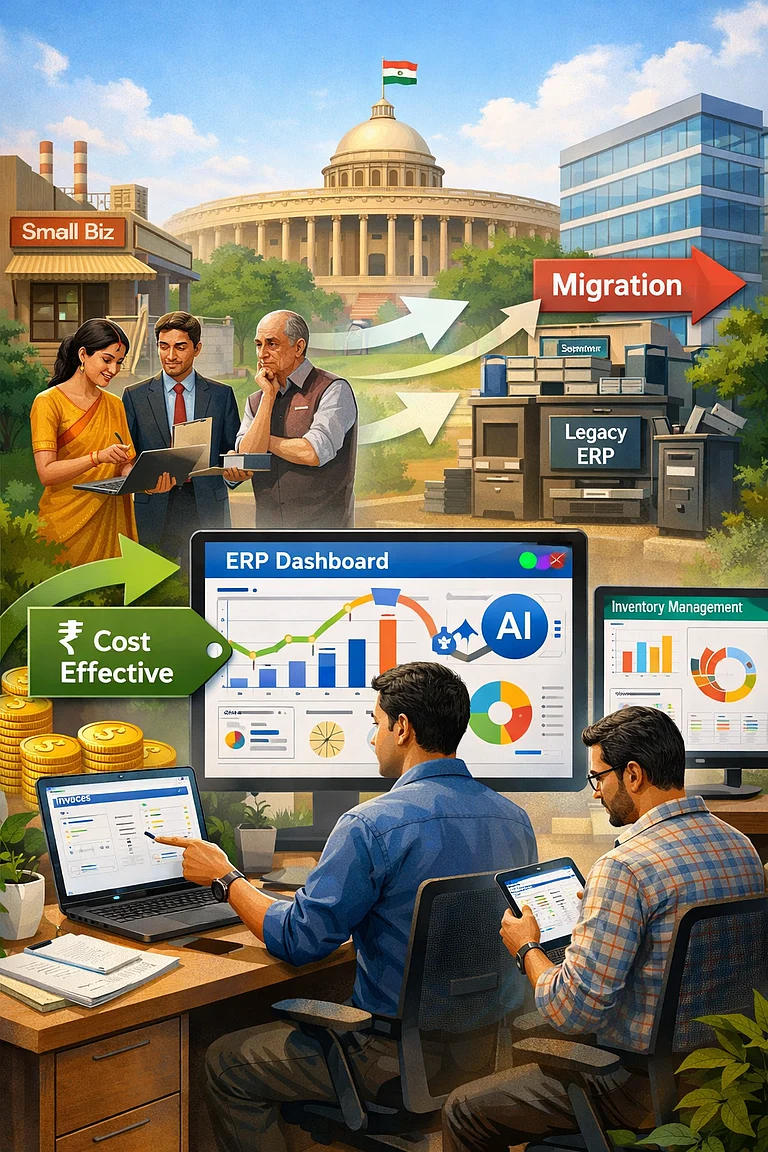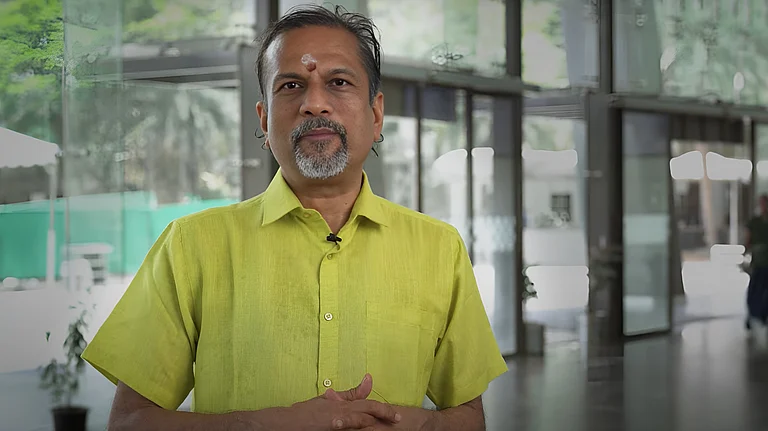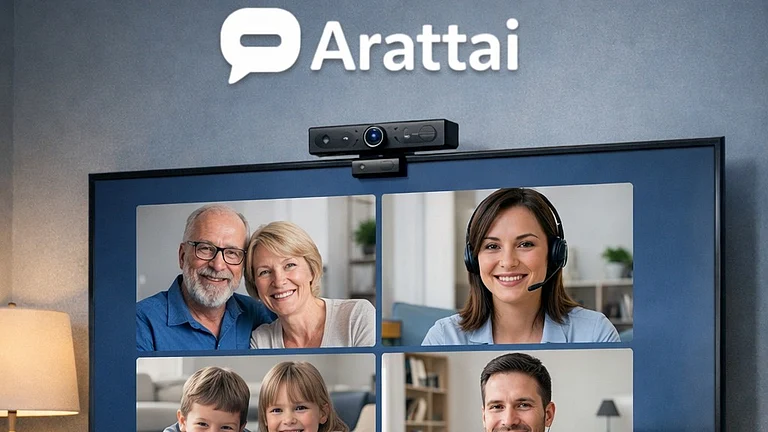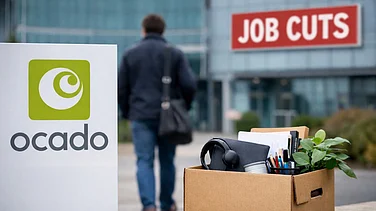
Arattai hits 350K daily downloads in 3 days
Endorsed by Union Ministers, fueling patriotic buzz
Offers video calls, stories, channels, cloud storage, no ads
Privacy debate continues — no end-to-end encryption for texts
Hike Messenger, Telegram, Share Chat, Signal, Snapchat, LINE, JioChat, and now Arattai!
India has seen over a dozen homegrown messaging apps like WhatsApp in the past few years, but only a few managed to attract and retain users’ attention. Together or independently, every app tried to reduce the dominance of Meta’s WhatsApp – though none truly succeeded. Yet again, Arattai, a made-in-India messaging app, has also joined the race.
It seems that the app created by Indian tech giant Zoho has managed to do what others couldn’t. Within just three days of launch, Arattai has crossed 350,000 daily downloads in India. And on top of this, it has also become the most downloaded app on the Play Store. Even social media platforms are flooded with users sharing their experiences with the app.
It’s not just users, even the Indian government has been promoting the use of Aratta in an effort to give a boost to “made-in-India” products. Union Ministers Ashwini Vaishnaw, Dharmendra Pradhan, and Piyush Goyal endorsed the chat app on X (formerly Twitter).
To give context, Arattai is a homegrown messaging app built by Zoho. Headquartered in Chennai, the app is trying to position itself as a “made-in-India” alternative to global chat giants. It allows all the features similar to any modern messenger. These include text messaging, voice and video calls, stories, channels, and media sharing.
How Zoho Brought Arattai to Life?
Zoho founder Sridhar Vembu opened up about how Arattai was built, while sharing the journey from an internal experiment to a full-fledged messaging app. Initially, he started discussions with Sharad Sharma of iSpirt, the group that did the technical work to make UPI happen.
“…to standardize and publish the messaging protocols I am a huge fan of UPI and hugely respect the work the team did. Sharad is a good friend and he will guide us in this objective. These systems need to be interoperable like UPI and email and not closed like WhatsApp today,” he said.
He clarified that Zoho doesn’t want to be a monopoly ever. “We are committed to that goal and we will work with iSpirt to make this happen”.
And surprisingly, Vembu had earlier revealed that even the Zoho team was not confident about the popularity of Arattai. “…Even our employees had expressed scepticism that Arattai would ever gain any traction. We built it because we felt we need that kind of engineering capability in Bharat. We need a lot more of such capabilities in Bharat and we are on it,” he said.
What Makes Arattai Tick?
Just like WhatsApp, Arattai offers a suite of features designed for both personal and business communication like media sharing, Instagram-style ‘Stories’, broadcast ‘Channels’, and multi-device support across mobile, desktop, and Android TV platforms.
It had integrated video conferencing capabilities akin to Google Meet or Zoom, which allows users to create, join, schedule, and view meetings within the app. The app also has a personal cloud storage feature for saving messages, media, and other content.
In addition, a Slack-like section that lists all messages where a user is mentioned to enhance notification management makes Arattai more user-friendly who wants to use it for business purposes.
Currently, the app displays no advertisements and does not even utilize user data for advertising purposes. All data is stored in Indian data centers. While Arattai offers end-to-end encryption for voice and video calls, regular text messages are not yet fully protected. WhatsApp provides encryption for both messages and calls.
It does not include AI features at present, which allows incremental additions without imposing them on users.
Vembu on Wednesday also announced that the team has made some speed improvements to the Arattai app. “…please update from Play Store. We are also scaling the infrastructure rapidly and yesterday added over 2 million new users,” he said.
What’s the Social Media Buzz?
“Being a Made in India app give me immense pride and confident. Using Arattai feels like a real step forward to India’s digital journey,” said Ashit, a social media user, while speaking to Outlook Business. He even exuded confidence in the app’s data security – a widely discussed topic on the internet.
“Just like Indian fintech went global, Arratai could be a game changer worldwide. It’s simple, reliable, and thoughtful, and once you start using it, you notice how naturally it fits into everyday conversations,” he added.
Another social media user, Akash, called it a “Indian WhatsApp”. “…now live and is expanding fast. I am leaving you alone, common on Arattai. Launched by Zoho, naam toh suna hi hoga, safe, secure, and Indian,” he wrote on X.
“UPI killed monopoly of Visa and Mastercard Arattai has a very big opportunity to challenge the monopoly of WhatsApp in India. China has WeChast. India should prioritise Arattai,” one more user said.
A user even urged people not to judge Arattai at this stage. “Don’t forget WhatsApp has also grown over the years. This is what it looked like in 2012. Don’t jump on conclusions on Arattai. It will grow and we all have to ensure it has all support needed”.
“Zoho is doing what Infosys, TCS, Wipro never did and they wasted lot of people like me who could have contributed much more to the Indian Economy with more innovation…hope this is one of many coming from Zoho's innovative factory! India has the right talent and skillset to overtake US Tech giants!”
How Safe Is Data on Arattai?
Despite overwhelming response from users, some have also raised data privacy concerns over Arattai, saying its text messages are not “end-to-end encrypted”. However, Vembu addressed these “misconceptions” about where user data is stored, where Zoho is developed, and who hosts it.
In a post on X, Sridhar Vembu highlighted that Zoho places strong emphasis on building all its products in India, including Arattai, with the company’s global headquarters in Chennai and taxes on global income paid domestically.
Although Zoho serves customers in more than 80 countries, data from Indian users is stored within the country across centres in Mumbai, Delhi, and Chennai, with Odisha set to join the list soon. Worldwide, the company operates 18 data centres, each ensuring localised data storage for its region.
“All the products are developed in India. Our global headquarters is in Chennai and we pay taxes in India on our global income. As a global corporation headquartered in India, we have offices in over 80 countries and have a strong presence in the US which is a big market for us. 2. Indian customer data is hosted in India (Mumbai, Delhi and Chennai, soon Odissa),” he said.
“We have over 18 data centers globally and they host the respective country or regional data. We are committed to hosting each country data in their own jurisdiction. All our services run on hardware we own and software frameworks we developed, on top of open source like Linux OS and Postgres database. We do not host our products on AWS or Azure,” he added.
Vembu further stated that Arattai is not hosted on AWS or Azure or Gcloud, rather Zoho uses some of those services for regional switching nodes to speed up traffic but data is not stored in them.
“Our Zoho Developer account in the App Store and Play Store lists our US office address because the account was registered in the very early days of those stores by one of our employees in the US just to test them out. We never changed that”.
Its rise shows that India’s appetite for homegrown tech is real. Yet, the road ahead is far from easy due to data privacy concerns, the absence of full encryption, and the sheer dominance of WhatsApp.











